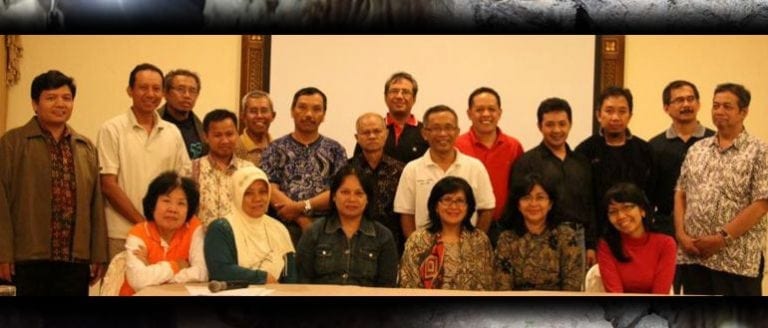
The Department of Plant Protection, Faculty of Agriculture, Gadjah Mada University, originally consisted of two study programs, Plant Pest Science and Plant Disease Study Program. The two majors finally were combined based on the Decree of the Minister of Education and Culture Number: 22 / DIKTI / Kep / 1985. After the Decree of the Minister of Education and Culture Number: 221 / DIKTI / Kep / 1996 was released, the Department of Plant Protection only has one study program, namely Plant Protection Study Program with two interests or concentrations: Plant Pest Science and Plant Disease Science. The Department of Plant Protection also has two postgraduate study programs, namely Plant Pest Science Study Program and Phytopathology Study Program. Starting in 2012, the HPT Department has also directly hosted the Agricultural Science Doctoral Program with an interest in Plant Pest Studies and Phytopathological Studies.
Based on the competency needs of graduates, in 2000, the Department of Plant Protection was also called the Department Plant Protection. Currently, the name of the study program (Bachelor in Plant Protection/ BPP) is based on the Decree of the Rector of Universitas Gadjah Mada Number 1718/UNI.P/SK/HUKOR/2017 concerning the Naming of Study Programs in Universitas Gadjah Mada. This study program focuses on issues of pest and disease management to conserve the environment and manage biological resources to maintain the agro-ecosystem balance. The achievement of A national scale accreditation “BAN-PT” and also certified by ASEAN “AUN-QA”, proves that the Plant Protection Study Program is a superior higher education institution in its field.
The number of students who have been graduated by the Department of Plant Protection since they still have two majors/study programs is around 1000 people who currently work in various government and private institutions. A list of graduates who were accepted to work in government and private institutions in the last two years can be seen in the Prospects for Graduates. The large number of graduates who are directly needed by stakeholders proves that they already have the competence to compete and synergize in their fields.


